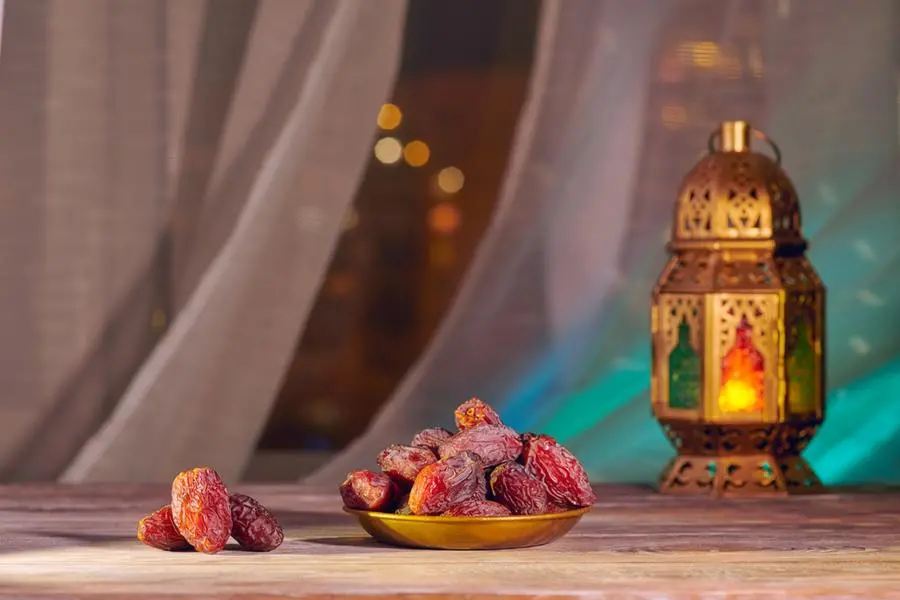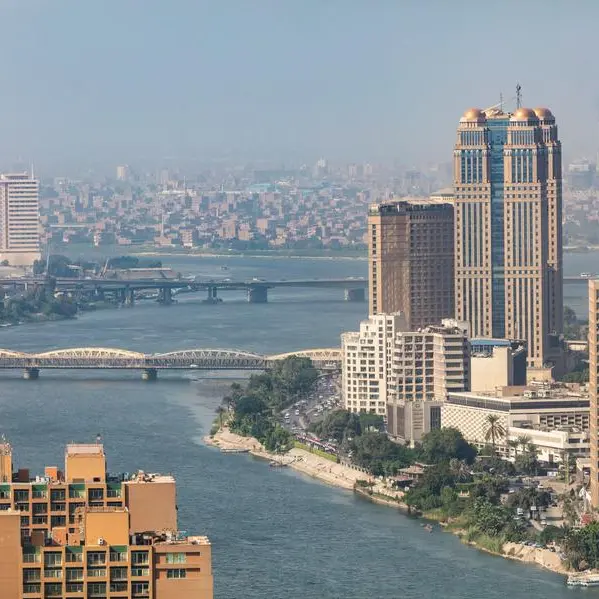PHOTO
After completing their two-year astronaut training on Tuesday, UAE astronauts Nora AlMatrooshi and Mohammad AlMulla expressed their longing to reconnect with their family members. After returning home, they eagerly anticipate the simple joys of sharing casual lunches, breakfasts, and gatherings, especially during Ramadan.
Marking another milestone in the nation's space exploration initiatives, the two Emiratis graduated from the 2021 Nasa Astronaut Candidate Class training programme on March 5 at the Johnson Space Center in Houston.
Speaking to Khaleej Times shortly after the graduation, over a video call from Houston on Wednesday, Nora said the one person waiting to have her back was her grandmother.
The first Emirati woman astronaut said, “What I longed for the most was the ability to visit and spend time with various family members—my grandmother, aunts, uncles—and reconnect with friends from high school and former colleagues. I miss the simple joy of reaching out to any of them, whether for a casual lunch, breakfast, or any other gathering. I will say that I missed home a lot.”
When asked if she would return to the UAE before Ramadan, Nora added, “I will be coming soon. My grandmother, I know, is waiting for me to come back, and I can't wait to tell the rest of my family about my experiences here.”
After an intensive training period that began in January 2022, AlMatrooshi and AlMulla completed more than two years of rigorous preparation, making them eligible for various spaceflight assignments.
At the graduation ceremony, each candidate was awarded an astronaut pin, signifying their graduation and qualifying them for future space missions, allowing them to contribute to ongoing and forthcoming explorations.
“I had a huge group of my family that came over to attend my graduation, and I have a sister who lives in Toronto. She's doing her residency there, so I have someone on my side of the Atlantic Ocean.” She reiterated, “But it will be good to be back home.”
Their training encompassed many critical skills, including spacewalking, robotics, space station systems, T-38 jet proficiency, and the Russian language.
Particularly, spacewalks require extensive training, and astronauts Nora and Mohammad spent numerous hours training underwater at the Neutral Buoyancy Laboratory at Nasa's Johnson Space Centre in Houston.
This facility boasts one of the world's largest indoor swimming pools, featuring a replica of the International Space Station (ISS) beneath its surface. During these training sessions, astronauts immerse themselves in their 127kg extravehicular suits, also known as EVAs, and simulate various tasks underwater for several hours.
Challenges Nora faced
Addressing the challenges of working in Extravehicular Activities (EVAs), particularly for individuals of smaller stature, the 30-year-old said, “Working in the suit is very difficult, especially for smaller people, because this suit was not built for people my size. But the people here at Nasa give you all of the coaching needed. They give you all the resources that you need to be able to go through with the training. So that part was difficult, but people support you the whole time.”
Mission-ready
Meanwhile, Nora stressed that she is prepared for any mission the UAE may assign her to.
“I am space-ready for anything at this point that my country will send me on. Until we get assigned, astronauts continue to work and hone their skills. They make sure that they are ready at any moment, whether to head over to the ISS or the Moon or on any kind of vehicle like the Dragon, Soyuz, or Starliner.”
Following their graduation, the astronauts will enter a rotational system at the Mohammed Bin Rashid Space Centre (MBRSC), with two of them expected to be based in Houston for a period before returning to the Emirates, and vice versa. Without assigned missions, they will engage in various projects, including contributing to the Lunar Gateway, where astronauts will play a pivotal role. Once assigned a mission, they will undergo extensive training for approximately one to one-and-a-half years.
Navigating spacewalk training, cultural differences
Shedding light on his experiences during the extensive training, Mohammad AlMulla said, “After graduation, I feel like we are ready to do any mission. The dream of any astronaut is to go to space. I really enjoyed going through all those challenges. We spent a lot of time in a really harsh environment out of our comfort zone. Spacewalk training really challenged me physically and mentally. Being in that suit, you feel that is one of the most important training, and (that makes) you feel like an astronaut.”
AlMulla shared another challenge and discussed how he managed it, mentioning that he initially noticed the difference between Middle Eastern and US cultures.
“There would be a few jokes or words that I didn’t fully understand because of the cultural difference, and I would keep asking my colleagues about them. However, my colleagues supported me in blending in, and culturally, I am still learning a lot. But now they also understand me a lot better. Spaceflights are hard, and one key thing is communication. But now we know how to communicate well together.”
Missed mother’s cooking
Looking forward to returning home during Ramadan, AlMulla emphasised that he missed his mother’s cooking the most.
“I am returning to the UAE next week, and I will be spending Ramadan with my family. I’ve been away for over two years, but I got all the support from them, MBRSC and the Johnson Space Centre. I think it’s a good time to return and spend time with the families. I missed my mother’s food. I also miss my friends and colleagues, and I miss flying. Every day, there is something in Dubai,” he added.
Copyright © 2022 Khaleej Times. All Rights Reserved. Provided by SyndiGate Media Inc. (Syndigate.info).





















